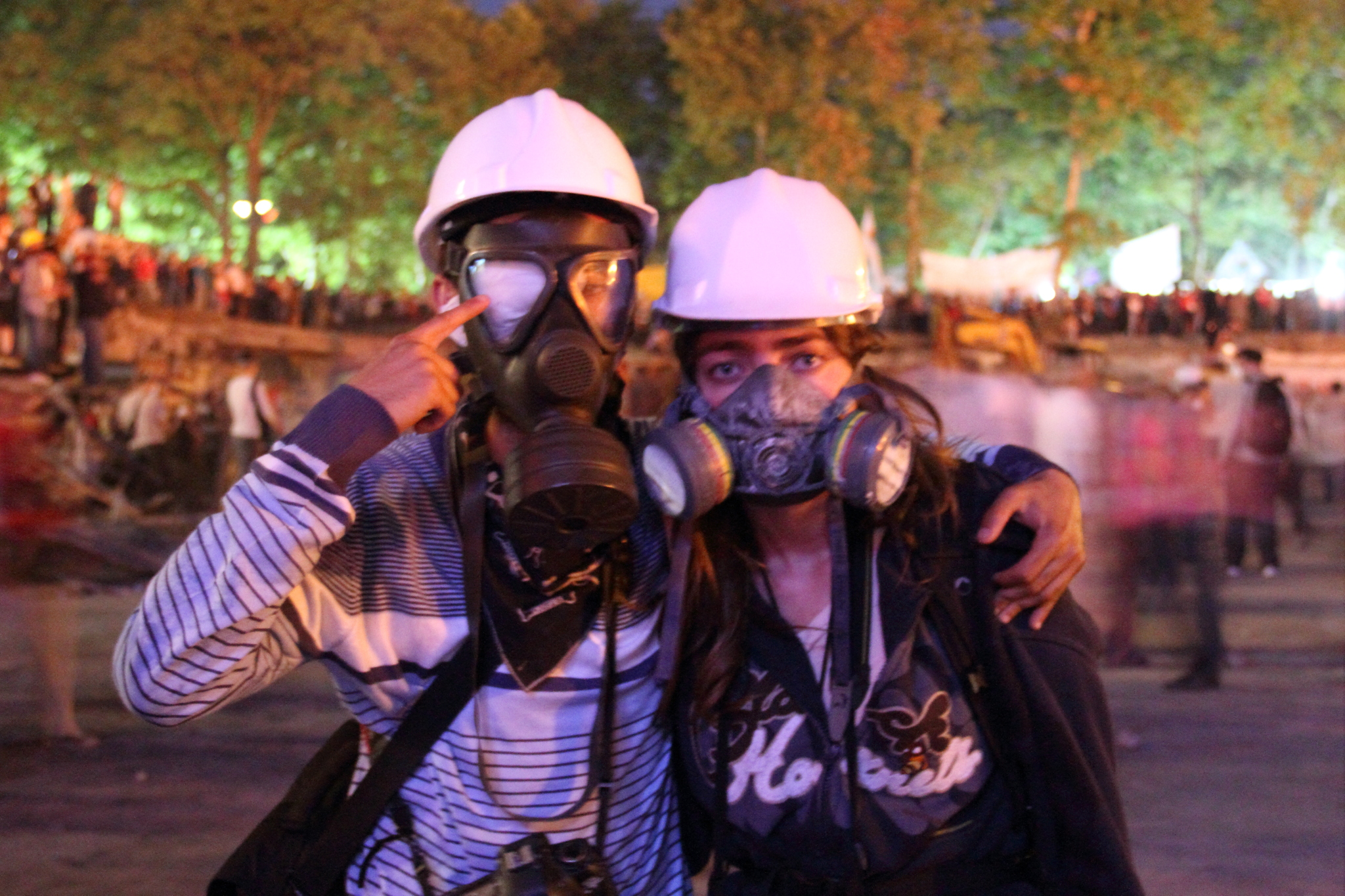‘I pay in blood, but not my own’, runs a recent Bob Dylan lyric. It could well be the theme song to National’s foreign policy. From the smiling mediocrity boasting about the ‘price of the club’ and the benefits of spying alliances to the shouty, ranting mediocrity bellowing about evil and infidels in the House last week, Key’s various, and variously incoherent, postures convey one consistent theme: it’s the blood of the Iraqi people that will pay the ‘price of the club’ for New Zealand’s ongoing alliance with US imperialism. It’s war once again.
The gall and hypocrisy of New Zealand’s ruling class finds few equals. Troops sent to Iraq after 2003 as part of the multinational forces backing Bush’s dismemberment of that country were, the story went, taking part in rebuilding infrastructure and lives. Wikileaks cables in 2010 revealed they were sent as insurance to keep and sweeten Oil for Food contracts. No blood for oil, the slogan went; in New Zealand we could well have added no blood for milk powder and butter contracts. A decade on and the chaos, misery and division wrecked by the U.S.-led and New Zealand-supported occupation and destruction of Iraq is plain for all to see, not least in the rise of the reactionary and sectarian forces styling themselves Islamic State.
In Afghanistan, meanwhile, New Zealand forces’ role in ‘Operation Enduring Freedom’ and after were involved in close work with the CIA assisting the United States’ ‘war on terror’ across the world. Afghanistan too is in ruins, a world of opportunity for speculators and profiteers and a misery for its own people. The man responsible for much of that mission is now Governor General.
New Zealand militarism is usually, from all parliamentary parties, presented as different to that of other ‘Western’ countries. ‘We’, the line goes, are the humanitarians, the rebuilders.
This self-satisfied line must always have sounded hollow in Pacific countries being dominated by New Zealand, and, in January this year, John Key gave a remarkably frank answer as to why the state might deploy troops abroad. It was, he told a BBC interviewer, ‘the price of the club.’ ‘Ultimately are we going to say we are going to be part of a club like [we] are with Five Eyes intelligence?’
New Zealand capitalism, small and isolated from the centres of the world system, needs this ‘club’ to facilitate its entry to markets and to have the world shaped for its corporations. Being ‘part of the club’ links New Zealand imperialism with its more important allies, and their world. It’s ordinary people in the Middle East who pay, with their lives and the dignity, for this club’s rules and order.
It’s this desire, rather than any humanitarian bravery that ‘New Zealand is not going to look the other way,’ as Key put it at Waitangi in February, that is behind the latest wave of Islamophobic scare-stories about terrorism and pushes for more war in Iraq. Working people need to oppose these moves – New Zealand imperialism helped make the tragic mess in Iraq currently, and it can’t be a part of its solution. That’s the task of the Iraqi people themselves. No amount of ranting by Key about showing “guts” can get around these facts.
The Middle East presents a grim vista. Counter-revolution is triumphant in Egypt, with the generals shooting protesters and continuing the imprisonment of Gaza. Bloody sectarian repression strangles the Syrian revolution. But there are glimmers of hope, from Palestine to Kurdish self-activity in Iraq. And the battering U.S. hegemony has taken in the region over the last decade is the background to these local struggles. No easy comforts come from a survey of the region, but this does not change the responsibility of anti-imperialists here – we need to organise against this new phase of apologetics for New Zealand militarism, and the anti-Muslim racism at home that goes alongside it.
It was inspiring, last week, to join some two hundred others who had answered the call from Peace Action Wellington to protest outside Parliament on the day this latest troop deployment was announced. More protests will be needed, as will the reconstruction of anti-imperialist political analysis, traditions and organisation. Socialist Review aims to contribute to that campaign.
[ This is an amended version of the editorial in the current issue of Socialist Review, 52.]
Image credit: Peace Action Wellington









